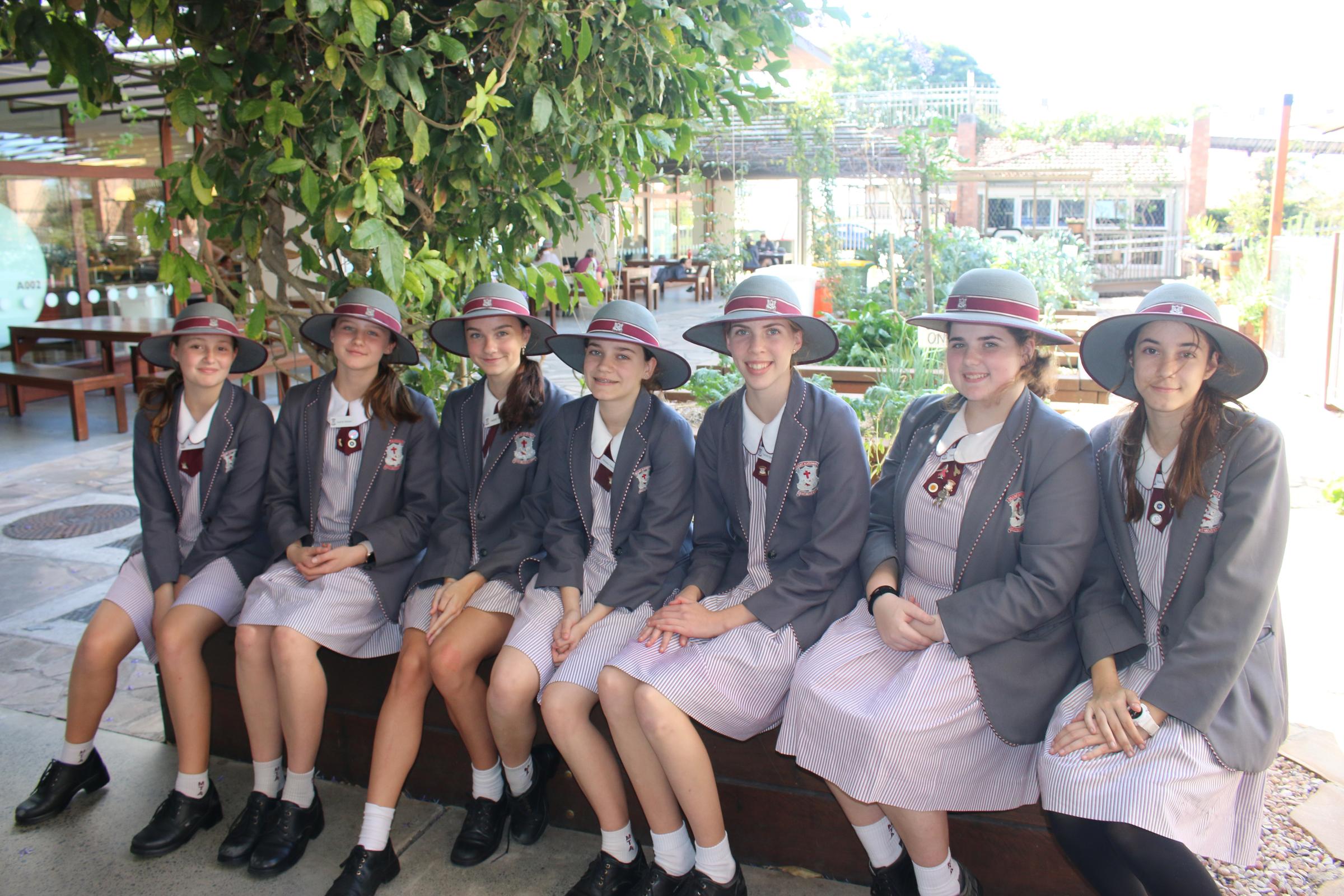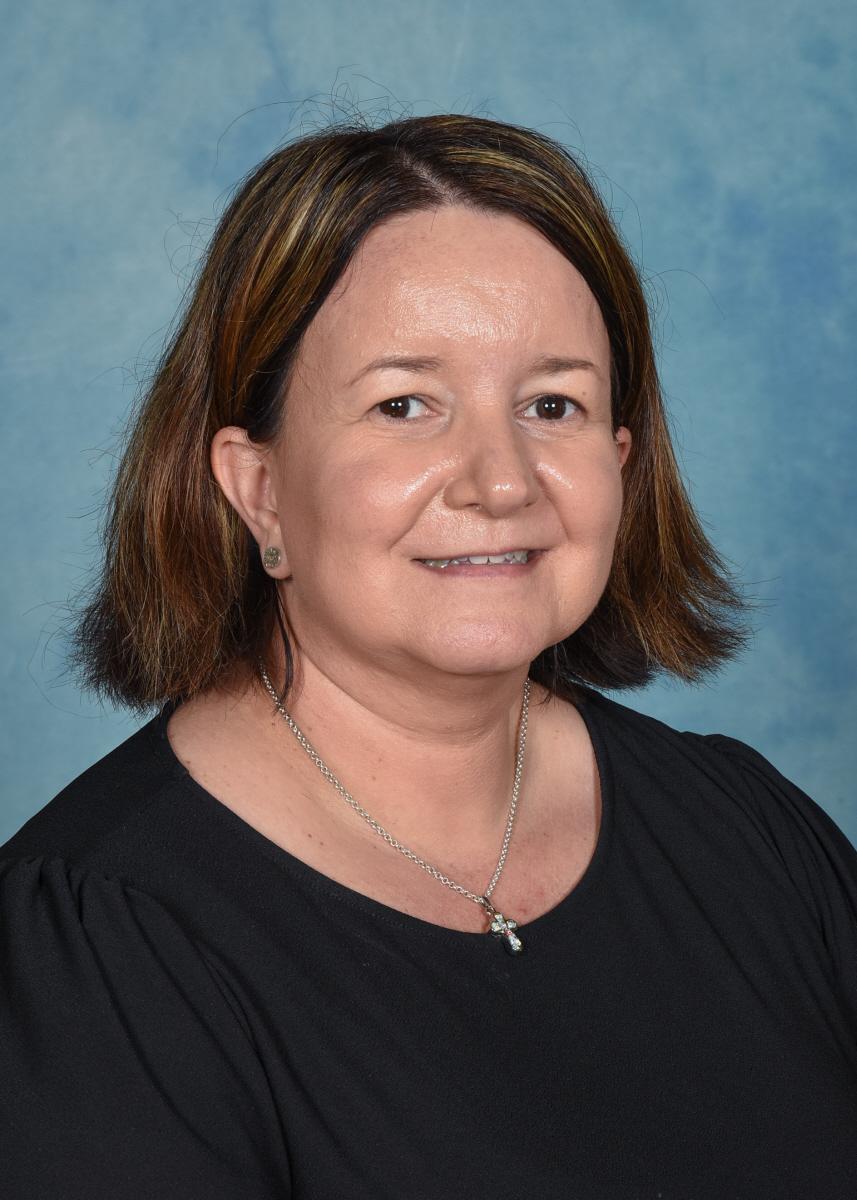Year 9 Pastoral Guardian

After speaking to several Year 9 students recently, I found that there is a need for many students to find a balance in their lives and focus more particularly on exercise, sleep time, and eating healthily. Dr Dan Siegel is an American doctor, medical researcher, and educator, whose main research has been focused on mental health and how the development of mindset in individuals, families, and communities can be enhanced by examining the interface of human relationships and basic biological processes. His psychotherapy practice includes children, adolescents, adults, couples, and families. Dr Siegel developed the Healthy Mind Platter (see diagram below) which includes seven daily essential mental activities necessary for optimum mental health. These seven daily activities make up the full set of 'mental nutrients' that our brain and relationships need to function, to be functioning at our best.
Research conducted by Dr Siegel showed that, by engaging every day in each of these servings, you promote integration in your life and enable your brain to coordinate and balance its activities. These essential mental activities strengthen your brain’s internal connections and your connections with other people and those around you.
Focus Time | When we closely focus on tasks in a goal-oriented way, we take on challenges that make deep connections in the brain. |
Play Time | When we allow ourselves to be spontaneous or creative, playfully enjoying novel experiences, we help make new connections in the brain. |
Connecting Time | When we connect with other people - ideally in person - and when we take time to appreciate our connection to the natural world around us, we activate and reinforce the brain's relational circuitry. |
Physical Time | When we move our bodies - aerobically if medically possible - we strengthen the brain in many ways. |
Time In | When we quietly reflect internally, focusing on sensations, images, feelings and thoughts, we help to better integrate the brain. |
Down Time | When we are non-focused, without any specific goal, and let our mind wander or simply relax, we help the brain recharge. |
Sleep Time | When we give the brain the rest it needs, we consolidate learning and recover from the experiences of the day. |
I encourage Year 9 students to use this Healthy Mind Platter, by mapping out an average day and see what amounts of time they spend in each essential mental activity. There are many combinations that can work well, just as in a balanced diet. For more information, refer to https://www.drdansiegel.com/resources/healthy_mind_platter/.
I would like to warmly welcome two new Year 9 students and their families to the Mount Alvernia community – Charlotte Akermanis and Amisha Maconochie.
With only two weeks left of Term 3, I would like to congratulate Year 9 students for their maturity and willingness to remain calm and complete all assessments and class work, positively. Good luck for your final assessments. As this is the last Parent Corner for the term, I wish all Year 9 students an enjoyable two-week break. I advise them to ensure that they use this time to rejuvenate, relax, and have fun. See you in Term 4!
Conversation Starters
- Let’s map out the time you spend daily on all seven areas of the Healthy Mind Platter together.
- Are there any areas in which you excel?
- Are there any areas on which you need to focus more in your day? How can you develop these areas?
Teena Christofis


